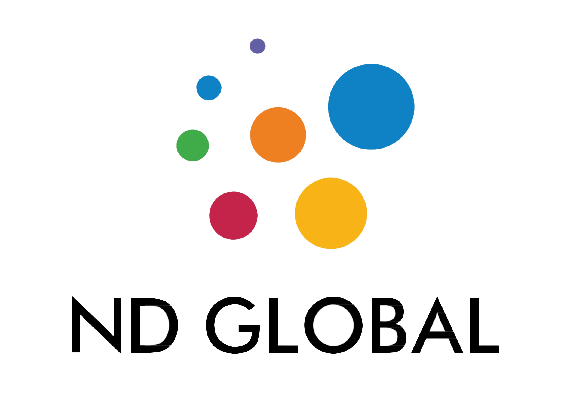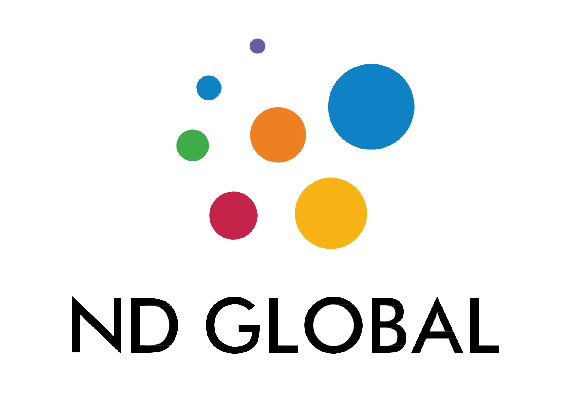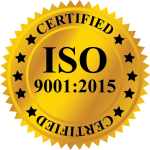Continuing education is essential to ensure that medical professionals are knowledgeable about the most recent developments in medicine, including new procedures, technologies, and technological advances. Patients who depend on healthcare professionals for high-quality treatment also gain from continuing education. This essay will examine the value of ongoing education in the medical field and its advantages for both patients and healthcare providers.
To deliver high-quality care in today’s quickly changing healthcare environment, nurses and care assistants must constantly update their knowledge and abilities. The process of picking up new information and abilities after finishing a formal education program is known as continuing education. Numerous formats, such as online courses, conferences, workshops, seminars, and self-directed learning, are available for this education.
The Value of Continuing Education in the Medical Field
- Staying abreast of developments in healthcare – New procedures and treatments are being developed quickly, and healthcare research and technology are always changing. Healthcare workers can stay current with these developments and give their patients the best care possible by engaging in continuing education. For instance, by staying current with the most recent developments, a nurse who enrolls in a continuing education course on diabetes treatments can give diabetic patients better care.
- Increasing Expertise – Healthcare workers can improve their professional competence by participating in continuing education. Healthcare personnel can improve their job performance and patient care by acquiring new skills and knowledge through continuing education. Higher levels of professional achievement, improved patient outcomes, and greater job satisfaction can result from this.
- Fulfilling Requirements of Regulations – To keep their licenses, many healthcare professionals (like registered nurses) must complete continuing education courses to keep their Nursing and Midwifery Council (NMC) PINs current. This guarantees that medical personnel are knowledgeable about the most recent legal requirements and standards of practice. Infractions of these rules may lead to fines, penalties, or even the revocation of a licence or certification.
- Increasing Patient Results – Patient outcomes may be directly impacted by continuing education. Better patient outcomes can result from healthcare professionals who are well-trained and knowledgeable about the newest procedures and technology.
- Progressing in Your Career – Healthcare workers can further their careers through continuing education. Healthcare workers can advance to higher positions, take on new responsibilities, or specialise in a particular area of healthcare by gaining new knowledge and skills. This may result in better pay, more opportunities for professional advancement, and greater job satisfaction. For instance, a care assistant who has successfully completed the NVQ Level 3 in Health and Social Care has increased opportunities for career advancement. The care assistant will have many opportunities to advance, such as gaining admission to the CQC registered manager program and earning the NVQ Level 5 in Health and Social Care Management.
Important lessons learned:
Careers in healthcare administration require a strong foundation in healthcare management education, which provides professionals with critical competencies.
Programs for online healthcare education are more accessible and provide working professionals with high-quality education they can fit in around their obligations.
EHRs and telemedicine are two examples of how technology is revolutionising healthcare management and necessitating proficiency for improved patient care.
Ongoing healthcare education advances careers and expertise by satisfying the growing demand of the industry.
Healthcare Management: Linking Administration and Health
Services for healthcare management are crucial for effectively managing and setting up health systems. It entails managing healthcare facilities, enhancing available treatments, and setting organisational guidelines for policies. While not directly caring for patients, these professionals make sure that services are beneficial to both patients and support personnel.
Budgets are managed, effective, high-quality care is the goal, and management teams frequently oversee medical teams. Depending on the role, healthcare management teams’ or professionals’ duties can vary, but generally speaking, they consist of:
Creating and implementing policies and goals at the organizational level to improve healthcare services. Evaluating and putting into practice plans to constantly raise the bar for patient care and the facilities provided. Hiring, educating, and supervising administrative and medical personnel to guarantee efficient operations.
Budgeting and financial management are done right to maximize resource use.
Maintaining the highest standards of patient safety and privacy by making sure that health and data protection regulations are strictly followed.
Coordinating with medical professionals, investors, health boards, and stakeholders to match healthcare needs to community needs.
Healthcare management has an enormous impact on healthcare facilities. For this reason, getting the right education and keeping up with the most recent findings and practices in healthcare are crucial.
Technology’s Effect on Healthcare Management
Technology has changed the nature of healthcare. Electronic health records (EHRs) are digital systems that securely store patient information and make it easily accessible to medical professionals. To enhance patient care and data management, healthcare managers need to be proficient in the implementation and use of EHRs.
Another technical development that has changed the healthcare landscape in COVID-19 is telemedicine, also known as telehealth. Telemedicine, made possible by technological advancements, eliminates geographic barriers to care by enabling medical professionals to interact with patients remotely. Healthcare professionals should keep up with emerging technologies to give their patients the best care possible as they change.
Changing Policies for Healthcare – The guiding concepts in the field of healthcare management are found in healthcare policies. Government policies have the power to significantly impact healthcare by influencing how it is managed and provided. These policies cover a wide range of topics, including insurance standards, regulatory frameworks, and funding allocation.
Modifications to healthcare policies can have far-reaching consequences. These changes have the potential to affect many aspects of healthcare organizations, so prompt and informed action is required. Healthcare administrators play a critical role in leading their companies through these policy changes.
Advantages for Medical Professionals – Not only is continuing education advantageous, but it’s becoming more and more essential for American healthcare professionals. Continued education is essential for many reasons, regardless of whether you’re thinking about applying to online bachelor’s programs, studying healthcare management, or looking into related degree programs.
Healthcare policies, treatment modalities, and technology are always changing, making the field dynamic. Healthcare workers can keep up with these changes by enrolling in graduate programs.
There is a growing need for qualified healthcare personnel. The need for skilled workers is rising as the population ages and healthcare services are provided by more people. In the end, both the healthcare sector and the general public gain from continuing education, which guarantees that healthcare professionals are adequately qualified to perform these crucial jobs.
Conclusion – Continuing education is a vital component of the healthcare industry, providing numerous benefits for both healthcare professionals and patients. As the field of medicine evolves with new technologies, treatments, and regulatory requirements, ongoing education ensures that healthcare workers remain knowledgeable and competent in their roles. This not only enhances their professional expertise but also directly improves patient outcomes, contributing to higher-quality care. In a rapidly changing healthcare environment, the commitment to lifelong learning is essential for maintaining high standards of care, fostering professional growth, and ultimately, benefiting the patients who rely on healthcare services. Investing in continuing education is an investment in the future of healthcare, ensuring that both providers and patients can thrive in an ever-evolving landscape.










